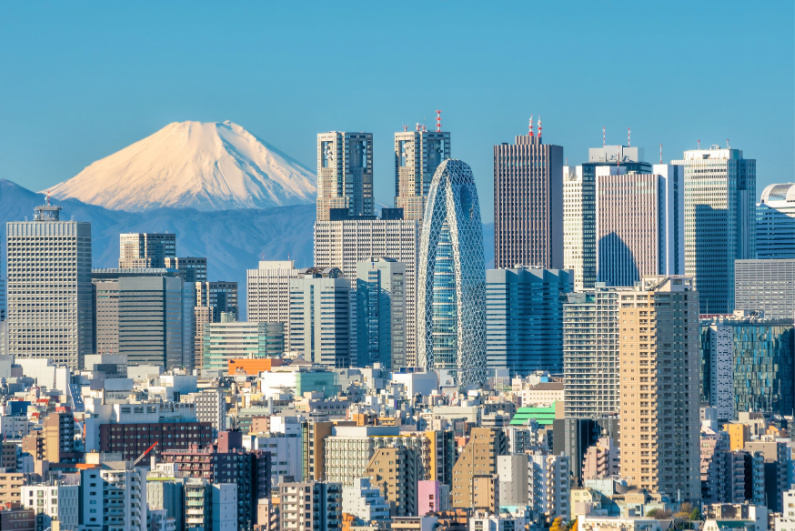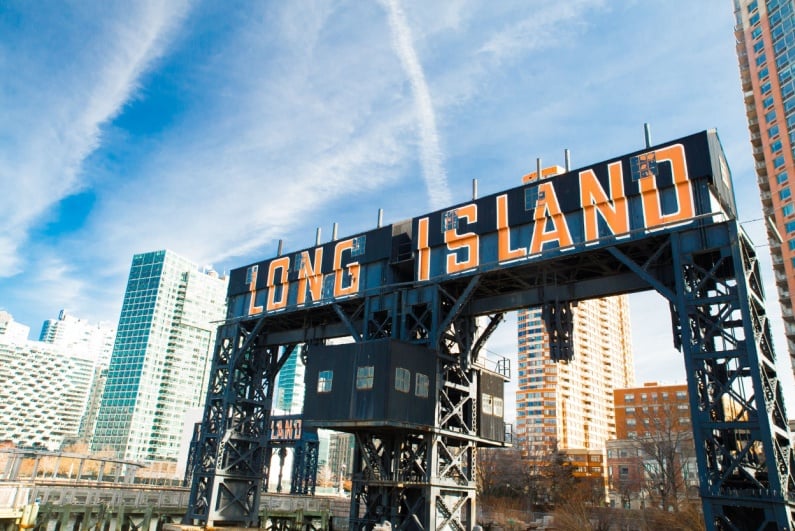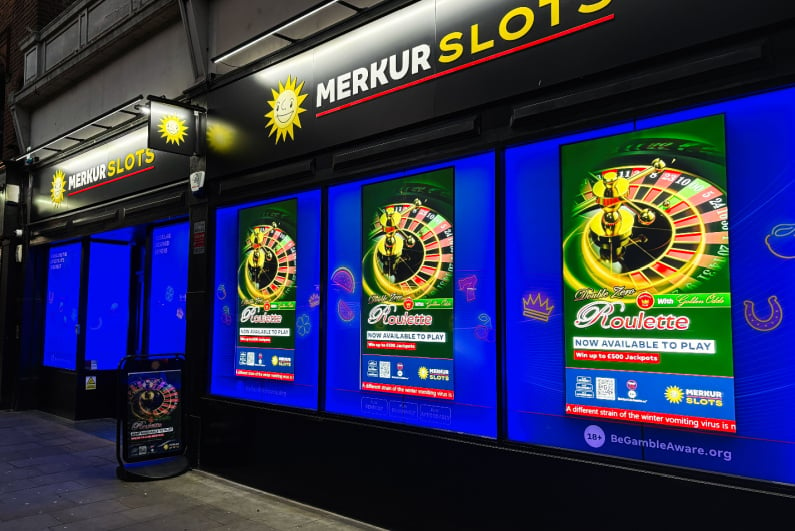Interesting plans
A major real estate developer in Japan is now eyeing a potential casino project in Tokyo. Shingo Tsuji is the CEO of Mori Building, the company behind some of the capital city’s most iconic structures. He has mentioned the possibility of having an integrated casino resort as part of the firm’s next mega project.
would allow Tokyo to compare favorably to other major global cities
The 63-year-old mentioned that having a gambling facility in the region is “a necessary piece” and that it would allow Tokyo to compare favorably to other major global cities. The city’s metropolis houses 14 million people and an integrated resort would also offer shopping, entertainment, accommodation, and other types of facilities.
A major developer
Mori has been central to the development of Tokyo since the 1950s. It was most recently responsible for building the US$4bn complex of luxury residences, restaurants, stores, and offices in Azabudai Hills.
aims to turn the city into a global center akin to London and New York
Some of its other well-known projects include Toranomon Hills and Roppongi Hills. The company aims to turn the city into a global center akin to London and New York when attracting foreign investment.
Tsuji noted that the demand for offices in Japan is much stronger than in US cities like San Francisco and New York, with people in the country usually preferring to work in an office setting due to homes being smaller and the efficient public transport options.
Getting its first casino
Integrated resorts first became legal in Japan back in 2018, paving the way for the country to get its first-ever casinos. The initial idea behind legalization was to compete with Macau to be Asia’s gambling hub. Interest has faded somewhat because of various delays and opposition from certain circles.
Three casino licenses are available, with only one project so far getting the go-ahead. MGM Resorts International is working with local company Orix Corporation to create an integrated resort in Osaka. Still in the planning phase, the project is set to cost at least US$8.5bn and is expected to open its doors by the fall of 2030.




